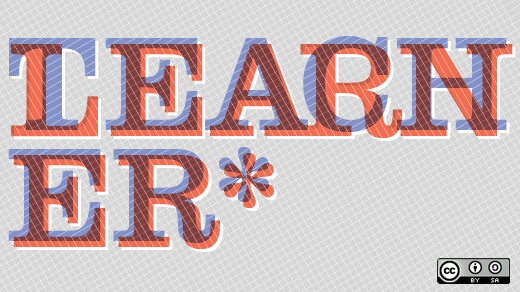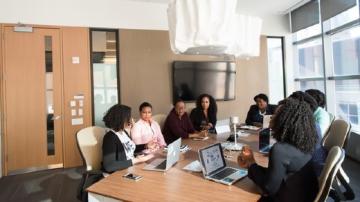When I was a university student, I didn't understand the fuss about open source software. I used Linux and open source software but didn't really understand the open source model, how to contribute to projects, or how it could benefit my future career. My development experience consisted mainly of homework assignments and a large final project required for my degree.
So, when I took my first steps in the tech industry, there was a big learning curve before I felt comfortable. I needed to understand how to join established, sometimes large, and distributed teams working on an ongoing project. I also needed to know how to communicate properly so that my efforts could be recognized.
I am not special in this regard. This is a common situation among new graduates.
Open source gives students a head start
Since then, as an engineer and later as a manager, I have helped onboard many junior engineers. One of the things I've noticed is that the new graduates who have already contributed to open source projects could onboard quickly and start contributing faster than those without this experience.
By incorporating open source methodology into academic studies, students can gain experience relevant to the industry, learn to reuse their existing knowledge, and establish a good platform for formulating ideas and sharing knowledge. Practicing open source can make a positive impact on students' technical knowledge and experience. This can help them become more successful in bootstrapping their careers.
The value of open source methodologies in the tech industry is well-established and shapes the culture of software companies worldwide. Involvement in open source projects and adoption of the open organization culture has become an industry standard. Companies seek fresh-minded, talented employees who know how to work in open source and cultivate its culture. Therefore, the tech industry must drive the academic world to embrace open source culture as one of the fundamental methodologies to learn in tech studies.
Moving open source culture 'Beyond' business
When I met Liora Milbaum, a senior principal software engineer at Red Hat, I learned we shared an interest in bringing open source culture and principles into academics. Liora had previously founded DevOps Loft, in which she shared DevOps practices with people interested in stepping into this world, and wished to start a similar initiative to teach open source to university students. We decided to launch the Beyond program to connect future talents in the tech industry with open source culture as Red Hat practices it.
We started the Beyond program at the Academic College of Tel Aviv-Yafo, where we were warmly welcomed by the information systems faculty. We started by teaching an "Introduction to DevOps'' course to introduce elements of the DevOps tech stack. Our biggest challenge at the start was deciding how to teach what open source is. The answer was simple: by practicing it, of course. We didn't want to deliver yet another old-school academic course; rather, we wanted to expose students to industry standards.
We created a syllabus that incorporated common open source projects and tools to teach the DevOps stack. The course consisted of lectures and hands-on participation taught by engineers. The students were divided into groups, each one mentored and supported by an engineer. They practiced working in teams, sharing knowledge (both inside and outside of their groups), and collaborating effectively.
During our second course, "Open source development pillars," for students in the computer science department, we encountered another big obstacle. Two weeks after the course started, we became fully remote as the COVID pandemic hit the globe. We solved this problem by using the same remote collaboration tools with our students that we were using for our daily work at Red Hat. We were amazed at how simple and smooth the transition was.

(Irit Goihman, CC BY-SA 4.0)
Successful early outcomes
The two courses were a huge success, and we even hired one of the top students we taught. The feedback we received was amazing; the students said we positively impacted their knowledge, thinking, and soft skills. A few students were hired for their first tech job based on their open source contributions during the course.
Other academic institutions have expressed interest in adopting these courses, so we've expanded the program to another university.
I am fortunate to co-lead this successful initiative with Liora, accompanied by a team of talented engineers. Together, we are helping increase the open source community a bit more.









Comments are closed.